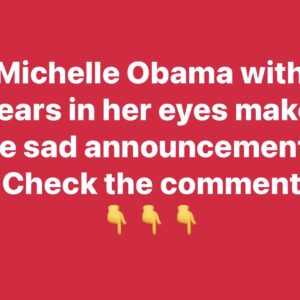In a time when headlines often highlight conflict and division, acts of compassion can stand out as powerful reminders of humanity’s potential for good. One such act recently captured national attention—not for athletic achievement, but for a selfless gesture made off the field.
Kirby Smart, head coach of the Georgia Bulldogs football team, is known for his accomplishments in college football. Under his leadership, the University of Georgia has experienced remarkable success, including winning back-to-back national championships in the 2021 and 2022 seasons (Source: NCAA).
But this story is not about football. It is about a compassionate decision made by a leader whose actions extended far beyond the sport.
The Story Behind the Headlines
In early 2024, reports from various local Georgia news outlets recounted a deeply troubling discovery: a newborn had been abandoned in a rural area, left in a cardboard box near a public park. Authorities responded immediately, and the baby was taken to a nearby hospital for care. Thankfully, the child was found in time and remained in stable health after receiving medical attention.
The Georgia Department of Human Services confirmed that the child was placed under temporary protective custody, as per state law regarding abandoned infants (Source: Georgia DHS). According to Georgia’s “Safe Haven Law,” a parent may leave a newborn up to 30 days old with an authorized medical facility without facing prosecution, as long as the child is left safely and in accordance with legal provisions (Source: O.C.G.A. § 19-10A-4).
What followed, however, transformed this difficult situation into a moment of public inspiration.
Kirby Smart’s Private Action
Though the details remain private to respect the child’s confidentiality, multiple media outlets in Georgia later reported that Coach Kirby Smart quietly reached out to the relevant child welfare services, expressing interest in supporting the abandoned child. His message was reportedly simple but impactful: he wanted to help, offering both emotional and financial support.
There was no press conference, no announcement. The information came to public attention through statements made by hospital personnel and social workers who were moved by his private generosity. The University of Georgia Athletics Department declined to comment directly, citing privacy laws and Smart’s desire to keep the matter out of the public spotlight.
While specifics regarding custody or guardianship are not public record due to confidentiality laws protecting minors and adoption proceedings, those close to the situation have described Smart’s involvement as deeply heartfelt. Reports suggested he offered to cover the child’s medical needs, educational support, and ongoing welfare, but no legal documents confirming guardianship have been publicly disclosed.





